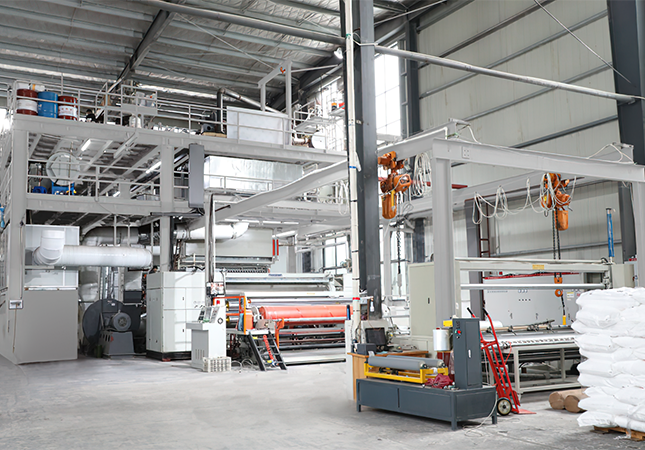The textile industry in Latin America has undergone significant development over time and has become a strong player in the global market. This growth can be attributed to sustained internal demand, economic growth, and increasing purchasing power in the region. Moreover, investments in innovation and technology by companies and participation in international fairs have contributed to its steady progress, promoting research, discussion, and modern solutions.

Several countries in Latin America have distinguished themselves in specific areas of the textile industry. For instance, Peru leads South America in clothing exports due to its abundant raw materials like llama, alpaca, and camel hair. On the other hand, Brazil is known for its production of both natural and man-made fibers, and its active involvement in large economic blocs has bolstered its international influence.
The outbreak of Covid-19 posed significant challenges to the textile industry in Latin America, leading to disruptions in international trade and the global economy. Consequently, the region experienced a sudden decline in productivity and investment. Mexico, a prominent textile supplier to the United States, faced difficulties in its manufacturing industry due to safety and isolation measures. However, there is an optimistic outlook for growth in the industry, albeit slow.
To overcome the challenges posed by the pandemic and further strengthen the industry, Latin American countries have recognized the importance of forming alliances to consolidate their position in African textile markets. Each country's specialization in particular areas will make it easier to tap into new markets on the African continent through collaborative efforts.
While the forecast for growth is positive, the Latin American textile industry faces stiff market competition and struggles to expand its market share due to its moderate fragmentation. Nevertheless, the market is expected to grow at an annual rate of 4.2% between 2020 and 2026.
Currently, no Latin American country ranks among the top 15 largest exporters of textiles and clothing, according to Abit mentioned by TexBrasil. However, this situation is likely to change as some Asian countries have faced delays and export problems since the start of the pandemic. Additionally, rising cotton production in Latin America and the Caribbean has contributed to the market's growth, reaching 27% in 2018/2019, accounting for about 0.3% of global production.
To seize and improve upon these opportunities, the Latin America textile industry must address key challenges, including dynamism, innovation, sustainability, and technology integration. The region is well-positioned to embrace the latest developments and strengthen both internal and external markets. Investing in efficient machinery and optimizing the workforce are crucial steps toward achieving this goal, though there is still resistance to adopting these measures in Latin America.
A study on the subject outlines several paths that the industry can take in the coming years:
- Embrace sustainability practices.
- Enhance technology integration.
- Consider production migration.
- Invest in improving human resources.
- Foster enduring partnerships with information and communication technology (ICT) companies.
- Pursue internationalization and form research and development networks.
- Recognize the value of intangible assets.
- Focus on logistics and the global supply chain.
To ensure the success of these trends, it is essential to invest in solutions that facilitate modernization, boost productivity, improve profitability, and embrace automation. By doing so, the Latin American textile industry can meet the evolving needs of consumers affected by the epidemic and secure a leading position in the global competition. By capitalizing on their strengths and addressing the challenges ahead, Latin American countries can continue to thrive in the textile industry.
SUNTECH Textile Machinery offers a comprehensive range of products that cater to various fabric types. Our product lineup includes, but is not limited to, pinking machine, loom machine, weaving machine, beam truck, fabric cutting machine, warp beam trolley, beam storage, and fabric inspection machine. With our innovative approach and extensive experience, SUNTECH Textile Machinery remains at the forefront of the textile industry. We warmly welcome requests for quotes and cooperation opportunities from you!




